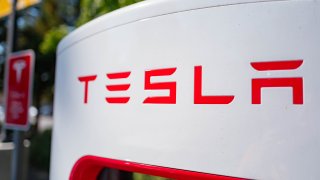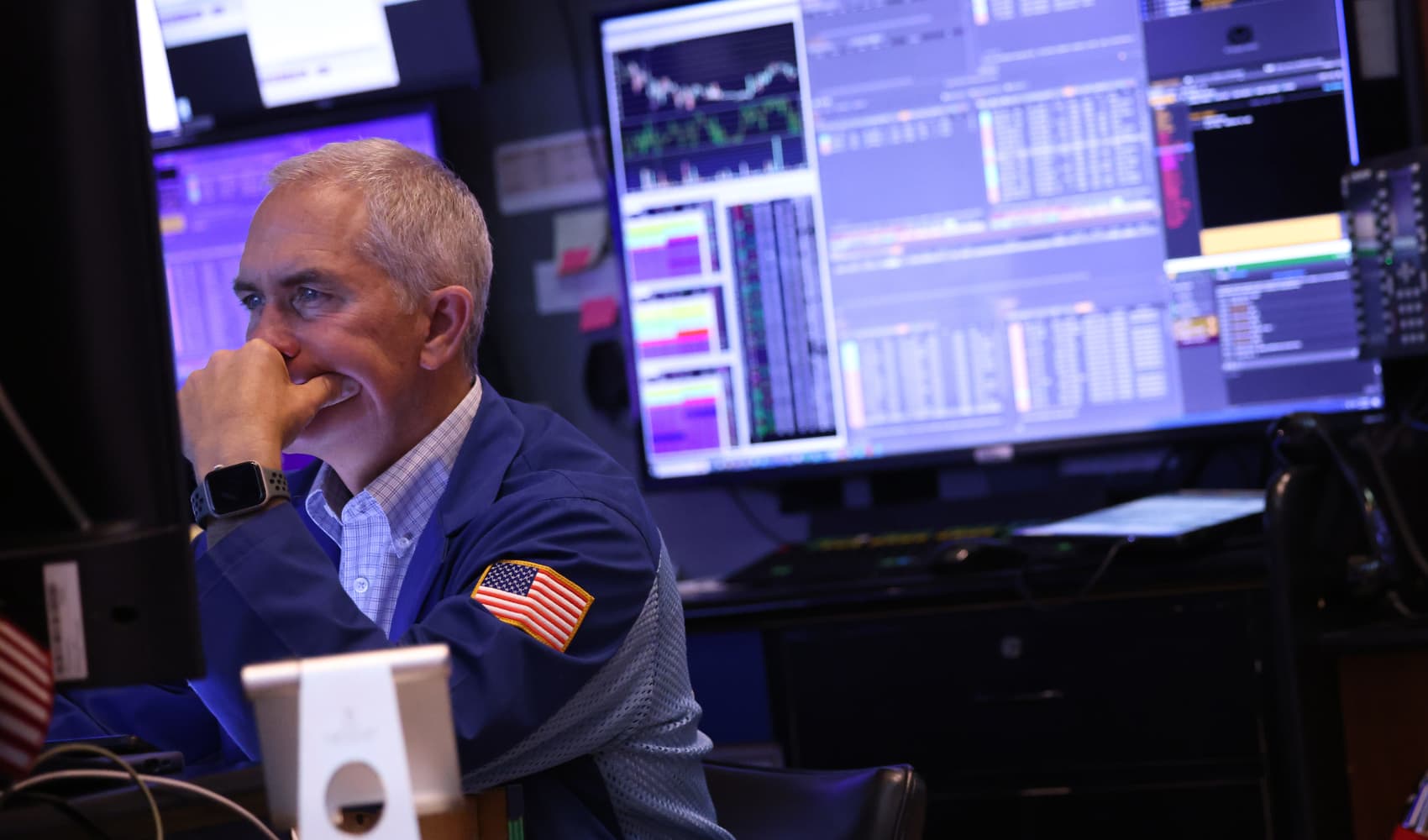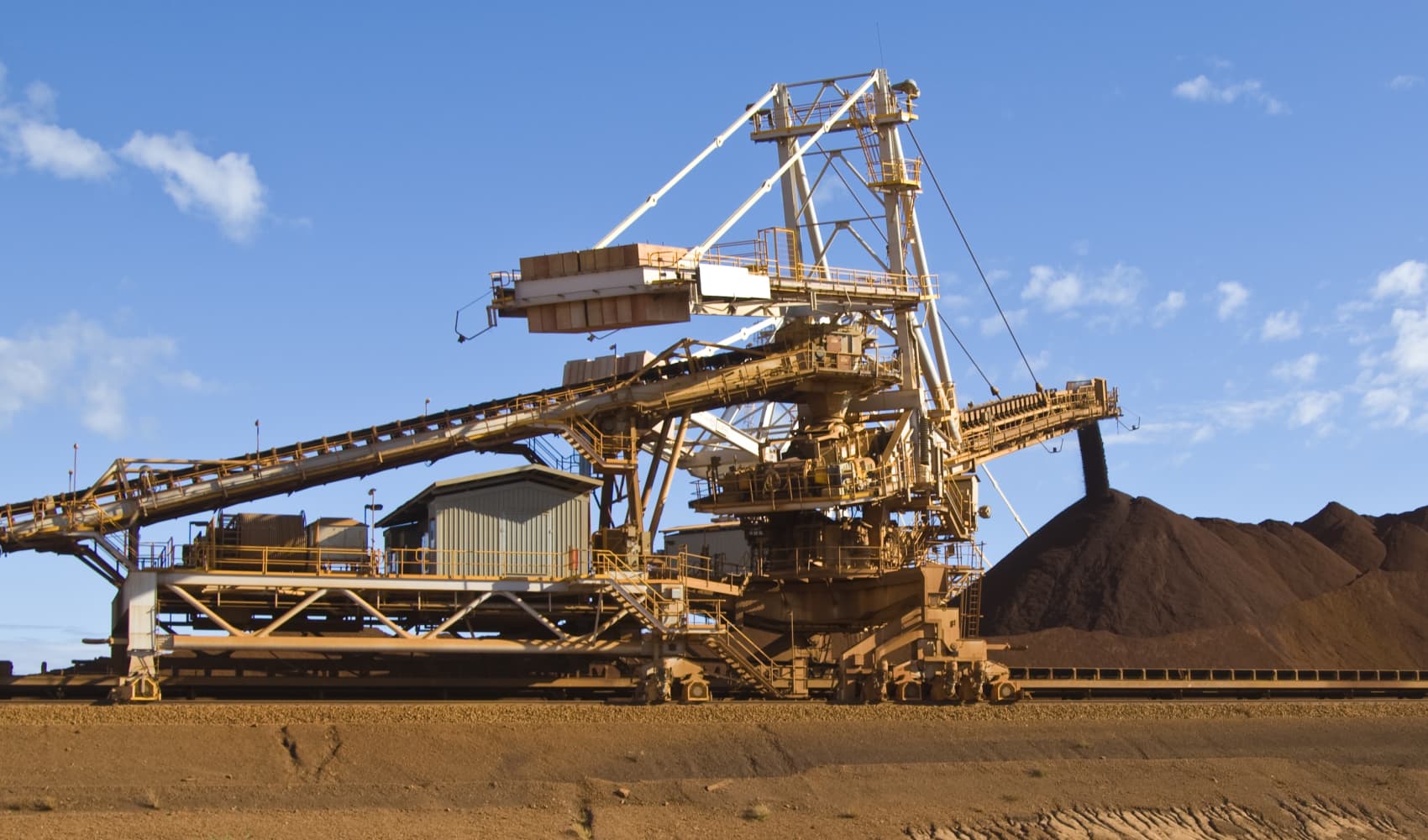
- Tesla is changing the battery cell chemistry that it uses in its standard range vehicles, the automaker said Wednesday in its third-quarter investor deck.
- The new batteries will use a lithium-iron-phosphate (LFP) chemistry rather than nickel-cobalt-aluminum which Tesla will continue to use in its longer-range vehicles.
- The move is likely a way for Tesla to increase profit margins on its cars, while not necessarily having to raise prices.
Tesla is changing the battery chemistry it uses in all its standard-range electric vehicles to a version with a lithium-iron-phosphate (LFP) cathode, the automaker said Wednesday in its third-quarter investor deck.
The move is likely a way for Tesla to increase profit margins on its fully electric cars, while not necessarily having to raise vehicle prices. In the past, Tesla has been criticized for sporadic vehicle price changes.
The company is already making vehicles with LFP chemistry at its factory in Shanghai. It sells those cars in China, the Asia-Pacific region, and Europe.
Get Tri-state area news and weather forecasts to your inbox. Sign up for NBC New York newsletters.
China generally promotes the use of this type of battery, according to materials researcher and consultant Roskill. The firm notes that around 95% of LFP cathode manufacturing is produced in China.
In September, Tesla asked Model 3 reservation holders in the US if they'd accept a car that had a battery made with LFP cells instead of the Nickel Cobalt Aluminum Oxide (NCA) cells that Tesla previously used for Model 3 sedans sold in North America.
Money Report
"LFP has both positive and negative trade-offs," said Sam Abuelsamid, Guidehouse Insights principal analyst. "It's significantly cheaper and doesn't require any nickel or cobalt. It's also more stable, which makes it safer."
One major downside: The cells are less energy-dense, which means they offer lower range for the same weight as other cells. Cold weather also affects them more, Abuelsamid said.
Abuelsamid believes Tesla's change is "probably a smart idea because they probably aren't go to lower prices so it will likely boost their bottom line."
Other automakers such as Ford Motor and Volkswagen have expressed interest in the battery chemistry for lower-priced models, according to Abuelsamid. He said it's also particularly appealing for commercial vehicles like delivery vans that don't need multi-hundred mile range.
Snow Bull Capital CEO Taylor Ogan, a long-time Tesla bull, told CNBC, "LFP batteries are cheaper and safer. With this chemistry, you can charge your vehicle's battery up to 100% and not worry as much about degradation long-term. The other thing is these batteries are really easy to recycle. And sourcing raw materials for these is easier to do, ethically. That's why iron-based batteries are really the battery of China already, and they're all you need for standard-range cars."
The two top producers of these types of battery cells are CATL and BYD. Tesla is already procuring batteries from CATL the companies have previously disclosed.
Tesla did not provide additional details about the decision other than the investor deck saying it is "shifting to Lithium Iron Phosphate (LFP) battery chemistry globally."
Tesla did not immediately respond for comment.
- CNBC's Lora Kolodny contributed to this report.






